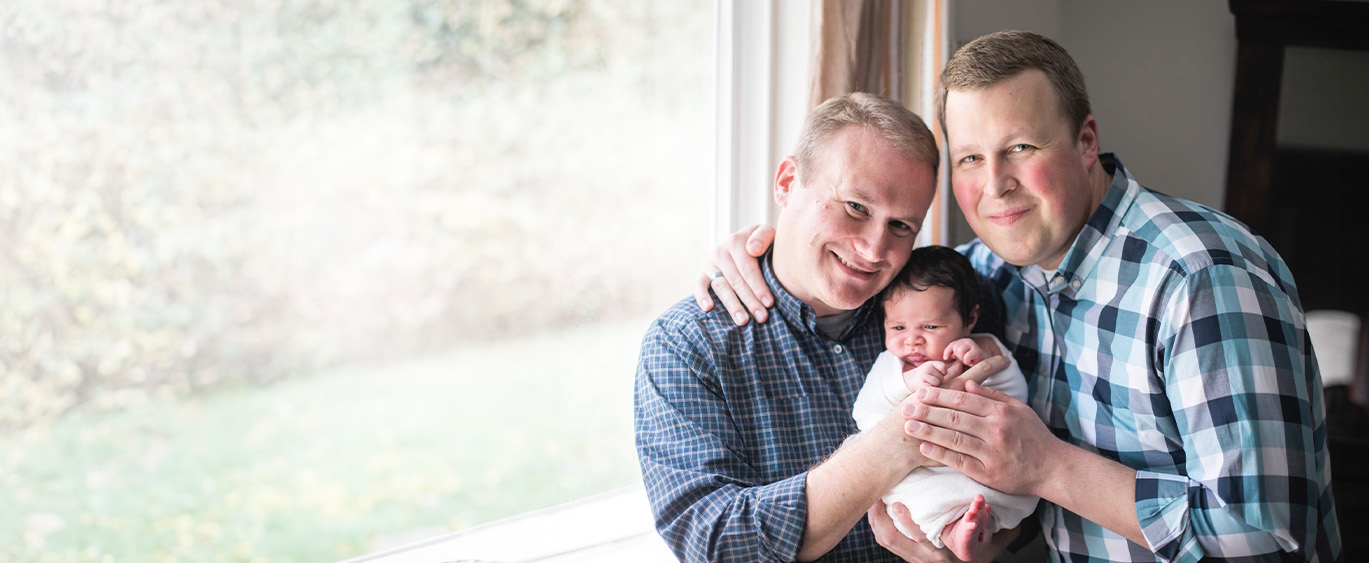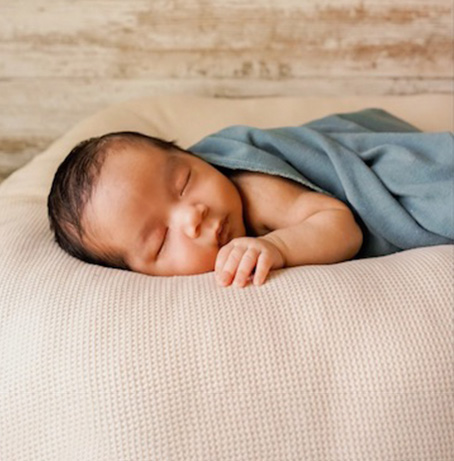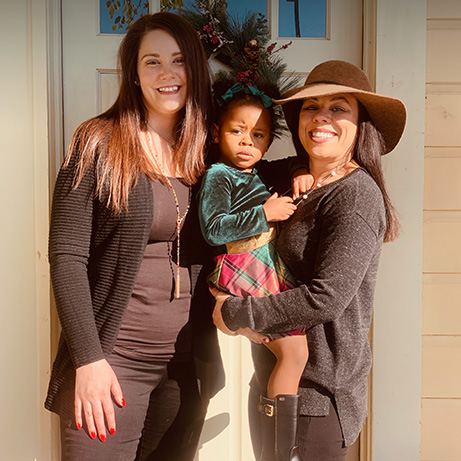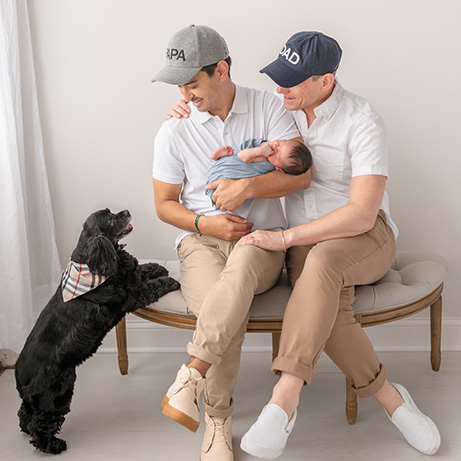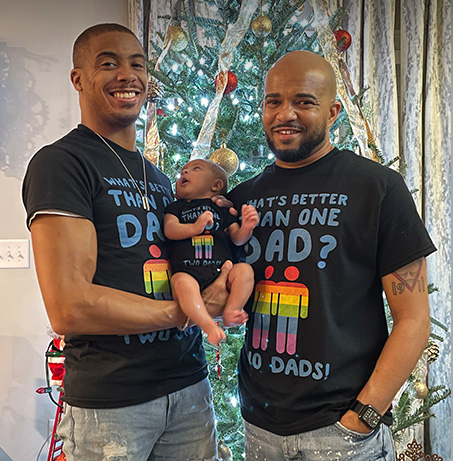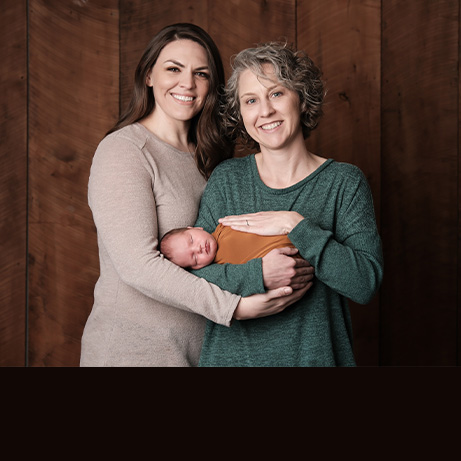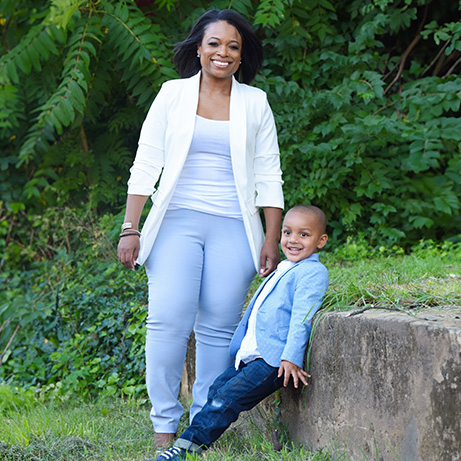LifeLong Adoptions is a leading LGBTQ+ adoption service provider. Since 2011, we have helped hundreds of LGBTQ+ families achieve their dreams of parenthood through the miracle of newborn adoption.
Why Choose LifeLong Adoptions?
We attribute our success in adoptions for LGBTQ+ parents not only to our expert-level services, but also to our strong company beliefs. We value inclusivity, and firmly believe everyone deserves a chance to grow their family through adoption. Though we specialize in same-sex adoption marketing and advertising, we gladly accept applications from any kind of family hoping to adopt a baby, including singles, couples, and any other type. Furthermore, we do not discriminate against hopeful families based on gender, sexual orientation, marital status, race, ethnicity, religion, disability, or otherwise. In other words, we would be happy to work with you, regardless of how you identify yourself or your family!
LGBT Adoption: What Adoptive Parents Should Look For
- Commitment to Inclusivity: Despite the overall progress in recent years, the unfortunate truth is there are still adoption agencies, service providers, and other professionals out there with regressive ideals and discriminatory criteria. From LGBT adoption agencies to attorneys and other service providers, it’s important to thoroughly research your options and be sure whoever you decide to work with on your journey is committed to inclusivity.
- Knowledge of Legal & Regulatory Processes: LGBT adoption laws vary tremendously from state to state. When it comes time to retain the services of an adoption attorney, it’s important to choose one who is LGBT-friendly and understands the legal processes around adoption for gay couples and LGBT parents. They will be well-versed in the applicable laws of the states involved and will provide appropriate guidance through the adoption process.
- A Solid Support System: The adoption journey can be emotional and challenging at times. It’s important prospective LGBT adoptive families have a dependable support system in place as they navigate the highs and lows of the adoption process.
- Cultural Sensitivity: Prospective LGBT adoptive parents deserve to be treated with respect and understanding throughout their journey. In their search for a professional partner to work with on their path to adoption, prospective adoptive families should ensure they choose an organization well-versed in LGBT culture.
These are just a few of the considerations prospective parents should explore when looking into LGBT adoption. While there are many nuances, choosing to build a family, regardless of what that family looks like, is a beautiful journey. At LifeLong Adoptions, we’re here to support you every step of the way, offering our expertise and services, so you can fulfill your dream of building your family.
Is It Hard for LGBT Parents to Adopt?
No, the process for adoptive LGBT parents is the same as any other prospective parent looking to adopt a baby. In fact, many birthparents are increasingly choosing to adopt with gay and lesbian couples and other prospective parents from the LGBT community.
Grow Your Family With UsLGBT Adoption Laws
The legal landscape of LGBT adoption has evolved significantly in recent years, reflecting the growing recognition of inclusivity and equality. We’ve put together a selection of basic LGBT adoption laws across the United States so prospective LGBT adoptive parents can get a general idea of what laws may apply to them now and for any future connection with a birth parent.
View LGBT Adoption LawsLGBT Adoption Statistics
Together, we’re making a difference. These statistics demonstrate the growing impact of the LGBT community on the landscape of adoptive parenthood and reflect the overall increasing acceptance of diverse families.
View LGBT Adoption StatisticsLGBT Adoption FAQs
Like every important journey, LGBT adoption can prompt many questions and uncertainties. We’ve provided answers to some of the most frequently asked questions related to LGBT adoption for prospective parents so they can approach their adoption journey with confidence.
View LGBT Adoption FAQsFree LGBT Adoption Information
While other LGBT adoption agencies charge an application fee, our application process is 100% free. We review every single application we receive and will be in touch within 72 hours with your next steps. Even the informational meeting we offer prospective families is free of charge!
Free LGBT Adoption Application
Ready to take the next step? Apply for free today.
Start My Journey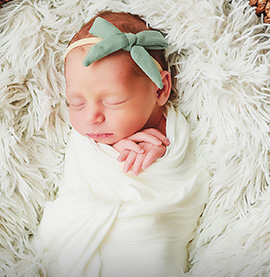
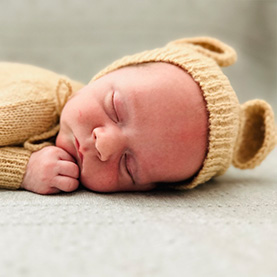
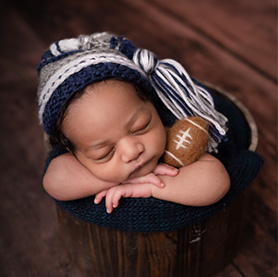
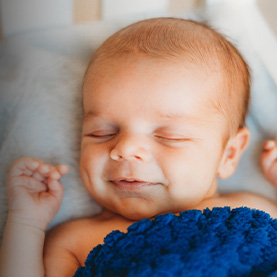
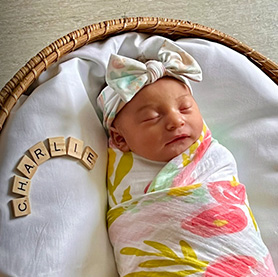
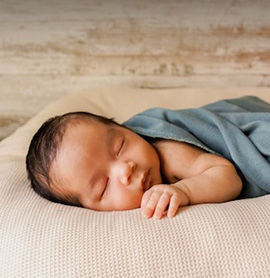
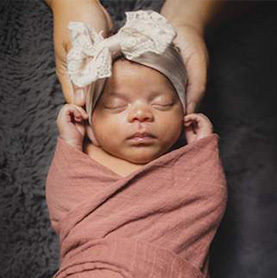
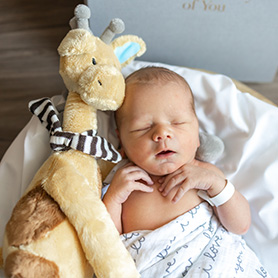
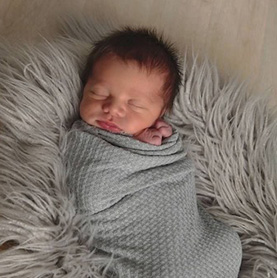
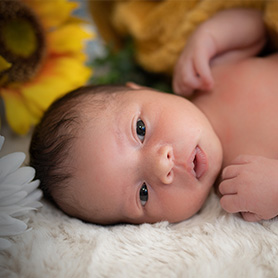
A Special LifeLong Family Adoption Story
As an adoptee himself, Brian’s own story came full circle when he and his husband, Rick, brought their adopted daughter, Maggie, home for the first time.

